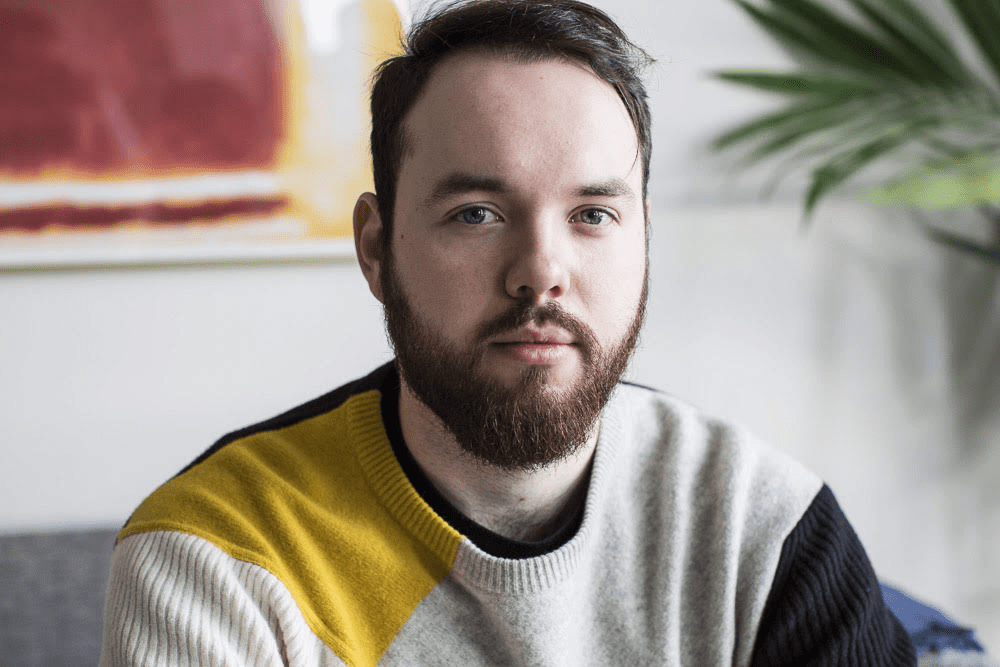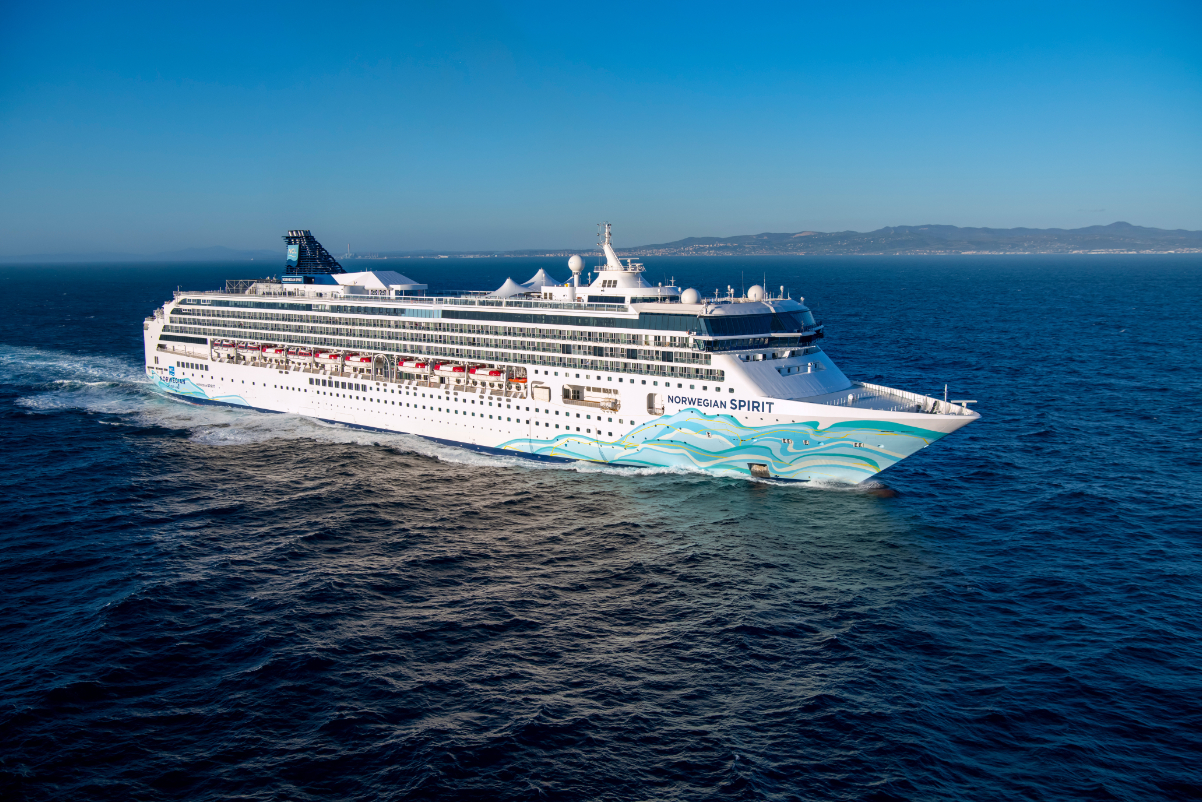Sonder CEO on the Generational Divide in Hospitality

Skift Take
Sonder, the hybrid hotel and short-term rental company that went public on Nasdaq last week, is playing the long game in that it is betting that the generational shift in guest profiles will eventually turn to its advantage.
Francis Davidson founded the company that would become Sonder at age 19 in Montreal in 2012 before relocating to San Francisco. He acknowledged in an interview a day after the company's stock started trading that the crux of the debate between the reigning big hotel chains and tech-oriented hospitality startups is whether the guest of the future will gravitate toward luxury high-touch service or mobile, experience-oriented efficiencies.
Perhaps there will be ample room for both types of services, and Sonder hopes to grab its share.
Davidson dismissed the notion that the company's stock debut was disappointing, noting the volatility in the market, and the fact that in SPAC mergers, unlike initial public offerings, companies price there shares months in advance of the onset of trading.
"If you look at many great companies that are trading off of all-time highs down 50, 60, or 70 percent," Davidson said. "So the results that we're seeing, given that we priced the deal several months ago and we adjusted the price in October, is actually, I think better than the overall market."
In an interview, Davidson discussed what he sees as Sonder's value proposition, and its gameplan ahead. The interview has been slightly edited and trimmed.
Skift: So yesterday we had our annual Megatrends event, and my colleague Sean O'Neill interviewed Steve Hafner, the Kayak CEO. O'Neill asked Hafner what he saw as interesting these days, and he replied that he's looking at Sonder and its potential to disrupt the hospitality industry with technology to take cost out of hotel operations and to make the business more profitable. So what do you think of that?
Francis Davidson: They're right. There's a huge opportunity to use technology to make the hospitality business more efficient. And that's, I'd say, half of our value proposition. The other half is bringing a design-forward approach that really resonates with the next generation traveler. I think we've got a lot of hospitality brands right now that focused on a customer base that's becoming a smaller and smaller share of the travel wallet. Millennials and Gen Z are going to be the majority of spend within just a few years. They love to spend more on experiences versus goods. Traveling is kind of the ultimate experience for that demographic, and there really isn't a brand on a global scale that focuses on that demographic's specific needs. And I think we do that really well. And it shows up in the design of the properties that we have, the kinds of properties we have, the locations that we're in, and our approach to service.
Instead of saying that really great service is white glove service, we say it's frictionless mobile technology that provides the best kind of service for that demographic. Instead of having someone bring an extra towel to you, it's the idea that you can go down the hall and go get one in the essential section of the Sonder property. Or you don't need a bellman because you have like luggage lockers and you've got Uber loaded up on your phone, and a series of partnerships that we have in order to deliver the services of a traditional hotel. So those are things that I think some travelers are close-minded to, though an increasing quantity of travelers actually seek out these kinds of experiences and really appreciate the fact that this is our way of doing things.
Skift: What do you say to people who say that takes the hospitality out of hospitality?
Davidson: I think the crux of the debate philosophically. Between the old guard hospitality, which we'll say it's about like a smile and a person face to face, and we say it's about like an emoji and a giffy and no check-in line. So it's a very different kind of mindset. And both, I think are right, but for different kinds of consumers. Our bet is that there's a growing quantity of consumers that fit into the modern bucket that we're serving.
Skiftl: But you're not alone in trying to go down this route, right? There are a bunch of other players doing the same thing. They're probably much smaller. AvantStay, aren't they trying to do something like that? They say they're design-forward. Kayak is now trying to do it, they only have one, two, or three properties or whatever. There's going to be a lot of competition, right?
Davidson: Yeah. I sure hope so. Our mission is to revolutionize hospitality. That doesn't mean that we won't be the only ones partaking in that revolution, I think we want to be spearheading it. But I think we want a bunch of other companies to look at what we do and say, "Yeah, this is the way of doing things." We recognize that even the biggest hospitality brands in the world have sub-10 percent global market share. But this is such a large industry. We'll be lucky if we have 10 percent of this industry in the long run, and we'll be a very, very large and successful company in doing so. But hopefully, we'll inspire others to also go down this track.
Skift: Another zinger at our event from Hafner about Sonder was that he said he really admired what you guys were doing in terms of your potential to disrupt hospitality with technology, but he added he's amazed at the amount of money you're losing in trying to do it. What’s your take on that?
Davidson: I'd say that the quantity of capital that it takes to revolutionize an industry as large and significant as the hospitality industry globally, and especially through a pandemic and through its worst years, is substantial. We're talking about some companies that have a $50 billion-plus market cap. If you're going to include OTAs (online travel agencies) you've got a couple that are in the hundred billion dollar range. So the prize to be a major player is enormous. And the speed of growth that we're sustaining, and we have ahead of us is just really, really, really rapid. And so yeah, it takes investments, specifically in R&D and technology. It's really complicated to build this and from the ground up. So what really is important, is the quality of the unit economics, though.
And so this is something that our investors and our management team focus a lot on, is looking at. “Ok, for each property that we add on, how much does it cost us to open this property? What's the stream of cash flow it generates, how rapidly do we pay back our investments?" And of course, everything was in shambles during Covid. That was a tough time. But outside of that, we have been extremely disciplined when it comes to signing on growth that is very thoughtful and profitable. And so this is really kind of the classic way that a high growth technology-driven company grows, consumes cash initially, grows extremely fast, but with enough discipline on unit economics, investors, shareholders can see that the model will lead to very attractive economics in the long run.
Skift: But your model comes with risk, with the master lease concept? And you've been adapting that, or how's that been going?
Davidson: That's right. So a lot of evolution of it, I think in 2018, we started adding in our leases, a reduction of rent that would occur in the event of a recession. And of course, the pandemic was not what we had … it's not an adequate shock absorber for a pandemic, but for just about any recession that we've seen in the last century, it's an adequate shock absorber. And we have a variety of other innovations in our contracts that provide for downside protection or an exit route. We've actually exited a lot of properties during the pandemic, ones that were like particularly strongly affected. And that allowed us to basically turn these liabilities into just kind of like stop these contracts, given some of the outs that we had. But then, there's other evolutions that we've seen since then. We've turned to what we call it, capital light model for 85 percent of our deals where the owner is funding basically all the investments required to make a property a Sonder.
Skift: So what's your strategy of building the brand? That's like such a heavy lift, right?
Davidson: Well, our strategy is focusing above all, on the quality of the guest experience. And we think that from there, we can create a brand that's beloved by not necessarily tens of millions of consumers, because we actually don't have enough supply yet to fill, to have all these guests stay with us. Right now, Sonder is not a brand that's got global recognition. Although, that's our aim. We have 45 percent of our revenue that in, as of Q3 of 2021, was generated through direct channels. And so despite the fact that we are not known to very many people, the people that do know about Sonder really love Sonder and keep our properties highly occupied.





